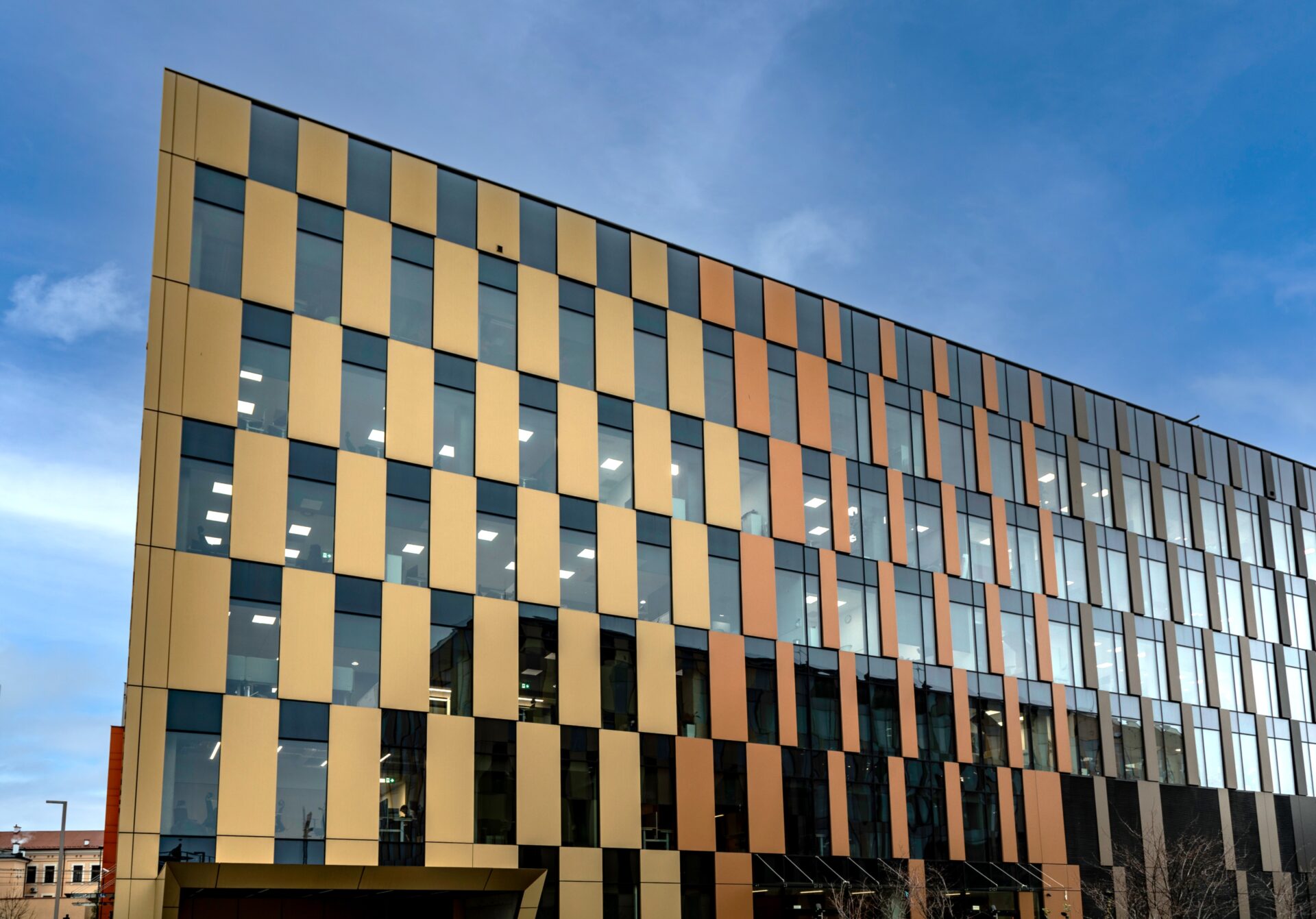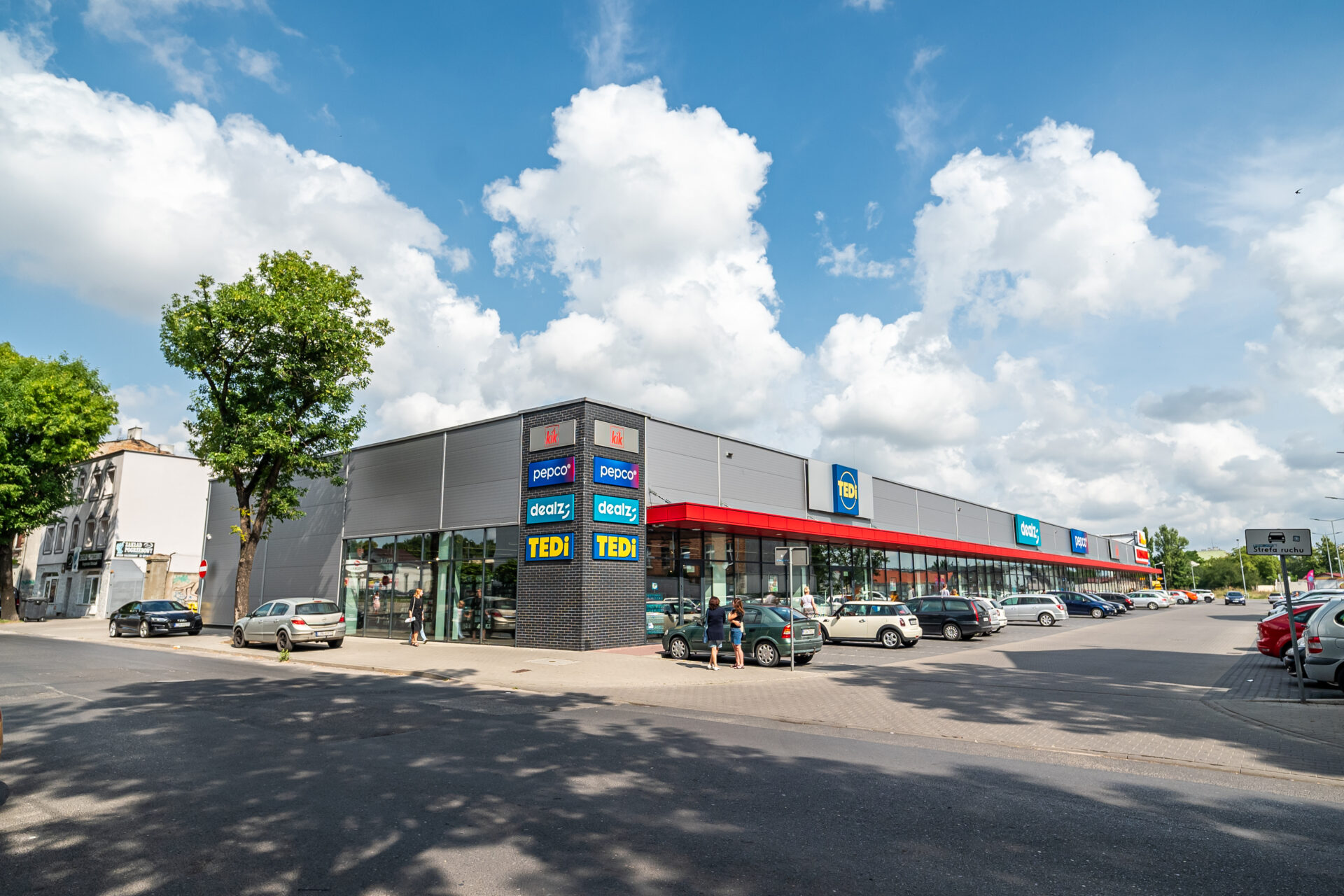The growth potential of the Polish construction market will remain significant through 2029 on the back of the continuation of ambitious transport infrastructure construction projects, the reconstruction of the housing market in the largest urban agglomerations, the development of the offshore wind farm sector, preparations for the construction of the first nuclear blocks, the implementation of the EU cohesion policy for the years 2021-2027, as well as a revival in military construction and the Eastern Shield program. A vast majority of projects underway or planned to be implemented are located in the six most developed regions, which jointly account for two-thirds of the construction market.
The total value of key investments is stabilizing
The total value of 960 largest investment projects underway or planned in the 16 regions of Poland is estimated at around PLN 880 billion (€200 billion), compared to PLN 865 billion in the previous year, according to the findings of the latest report from research firm Spectis, “Construction market in Poland 2024-2029 – Analysis of 16 regions”. This means that over the past 12 months, the valuation of the largest projects has increased only slightly and was more a result of the ongoing inflation rather than the emergence of new significant projects.
For the needs of the report, the Spectis team have reviewed a set of almost 1,000 projects that will make the biggest contribution to the future economic developments in the construction markets locally in the entire country. The study focused on the top 60 projects in each of the voivodships: 30 building construction projects and 30 civil engineering projects. The total value of the flagship projects underway is PLN 152 billion, whereas projects in the tender, planning or early concept stage are valued at PLN 730 billion.
The average value of projects covered in the report is nearly PLN 920 million per project: the average figure for building structures stands at PLN 474 million, and it is PLN 1.36 billion for civil engineering structures. As far as civil engineering projects are concerned, the exponential average value for civil engineering projects has been driven by several mega-projects worth a few dozen billion zlotys. However, projects of that size are typically subject to a serious risk of delay. On top of that, some of them may never be completed at all.
Pomorskie, Mazowieckie and Wielkopolskie on top
A study of the investment plans indicates that Pomorskie, Mazowieckie and Wielkopolskie are in the lead in terms of project value. The value of the top 60 projects in these regions exceeds PLN 100 billion.
In Pomorskie, the leading segments will include power and industrial construction, hydro-engineering, railway construction, road construction, and residential construction. As far as Mazowieckie is concerned, the largest number of projects are planned in the following segments: power and industrial construction, road construction, hydro-engineering, railway construction, office construction, transport buildings construction, and industrial and warehouse construction.
In Wielkopolskie, the overwhelming majority of the value of the largest investments (nearly 90 percent) is attributed to engineering facilities, mainly power, road, and rail projects.
The following positions, in terms of the total value of projects, are occupied by Slaskie, Dolnoslaskie, and Malopolskie (over PLN 70 billion each).
Despite the change of government, nuclear and Central Transportation Port remain in the game
It should be considered good news for the largest regional construction markets that the new government coalition has not withdrawn from the mega-investments planned by the previous government during its six months in office. However, there is also no acceleration visible in the preparatory work for their implementation.
Other than the CPK Central Transportation Port (Mazowieckie), which is being prepared, and two nuclear power plants (Pomorskie, Wielkopolskie), noteworthy civil engineering projects include Gdansk Port – Central Port, Gdansk-Warsaw waterway, the Silesian Canal, the Lodz Fabryczna-Lublinek railway tunnel, the Podleze-Szczyrzyc-Tymbark/Mszana Dolna railway line (Malopolskie), the north-south energy bridge, the extension of the A4 motorway, the S6 Szczecin Western Bypass, the deep-water container terminal in Świnoujście along with the deepening of the waterway, and several modular SMR reactors.
Besides CPK, large building construction public projects in the planning stage also include Palac Saski, Research and Analysis Centre of the National Institute of Public Health-National Institute of Hygiene, the extension and upgrading of the Maria Sklodowska-Curie Oncology Centre (Mazowieckie), University Hospital in Swilcza (Podkarpackie), as well as the Katowice Airport investment programme for 2024-2028 (Slaskie).
Large-scale building construction projects planned in the industrial sector, which can influence the development of entire regions, include the Intel semiconductor assembly and test plant; the Mercedes Benz electric-only vans plant, and the Bosch heat pump plant (Dolnoslaskie); the Izera electric car plant (Slaskie), and the Giga PV cells plant (Slaskie); and factories for components of offshore wind farms (Pomorskie and Zachodniopomorskie).
Major mixed-use projects combining residential and commercial space that will constitute entire new districts and are currently in the preparation, design or concept stage include FSO Park (Mazowieckie), Essa Kliny (Malopolskie), Wolne Tory (Wielkopolskie), Nowy Welnowiec (Slaskie), and Gdynia Centrum (Pomorskie).







